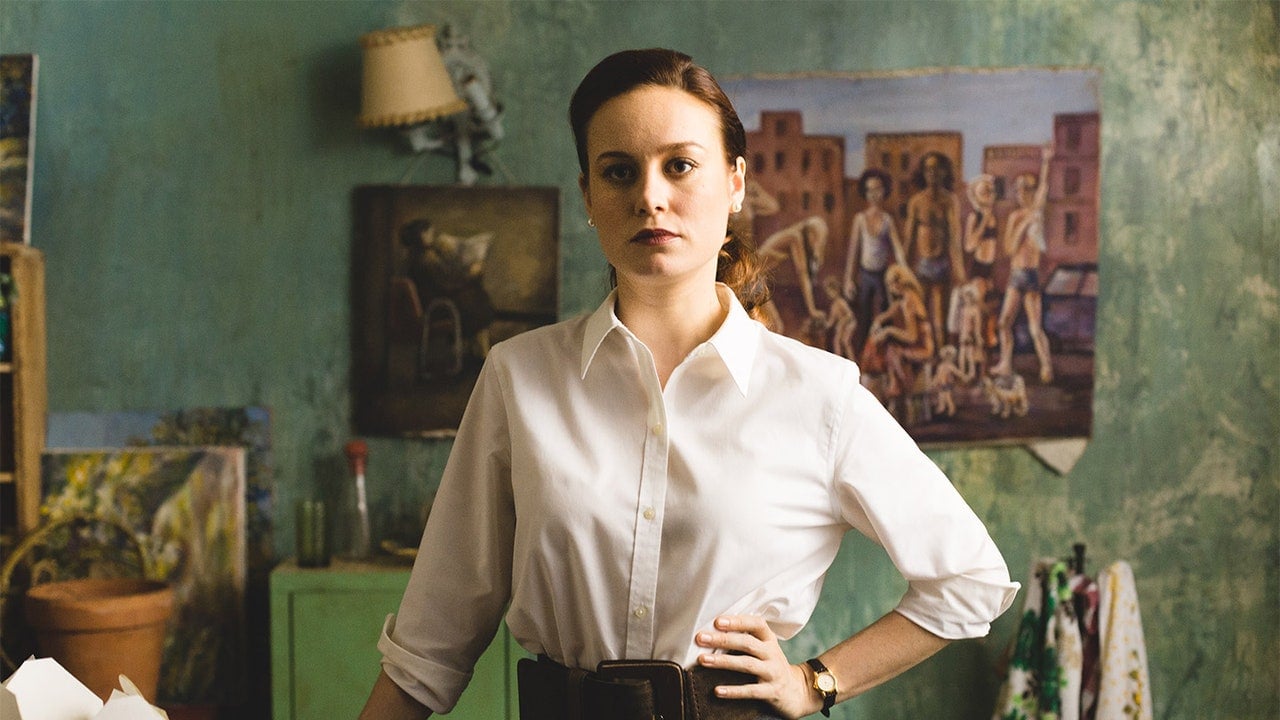It’s not easy to talk about dysfunctional families, especially when that family is your own. Talking about the reprehensible parenting, but also the love, the understanding behind their neglect, and the few moments when they actually had your back, can be a hard balancing act, which makes Jeannette Walls’ memoir The Glass Castle a challenging one to adapt in film. Because of this, its Hollywood adaptation does have a disjointed tone to it. Woody Harrelson’s Rex initially charms us and his children with his dreams and stories, and time proves his other side, though Jeannette and the audience are asked to forgive him too. It’s not an easy thing, and the ending they reached doesn’t feel totally earned. But it’s still a touching adaptation that captures Walls’ family, warts and all, one that's buoyed up by the strength of its cast.
Synopsis
A young girl is raised in a dysfunctional family constantly on the run from the FBI. Living in poverty, she comes of age guided by her drunkard, ingenious father who distracts her with magical stories to keep her mind off the family's dire state, and her selfish, nonconformist mother who has no intention of raising a family, along with her younger brother and sister, and her other older sister. Together, they fend for each other as they mature in an unorthodox journey that is their family life.
Storyline
While growing up poor, with a neglectful, nonconformist mother, and an ingenious but alcoholic father, Jeannette Walls and her siblings decide to carve stable, comfortable lives for all of them, despite their parents’ wishes.
TLDR
It’s Jeannette’s choice to forgive Rex, and it’s admirable of her, but the way the film makes this conclusion is the reason the film isn’t rated any higher.
What stands out
Mild spoilers. There’s a scene halfway through the film that is just so memorable. Rex and Rose Mary fight, and the kids eventually see Rose Mary hanging out of the window, which, understandably, terrifies them to run back into the house and pull her back in. It’s such a great scene, and it’s brilliant how director Destin Daniel Cretton uses a moving camera to make this fight seem so dynamic, so memorable, that the kids have to make the decision to band together and forge a stable life of their own.






